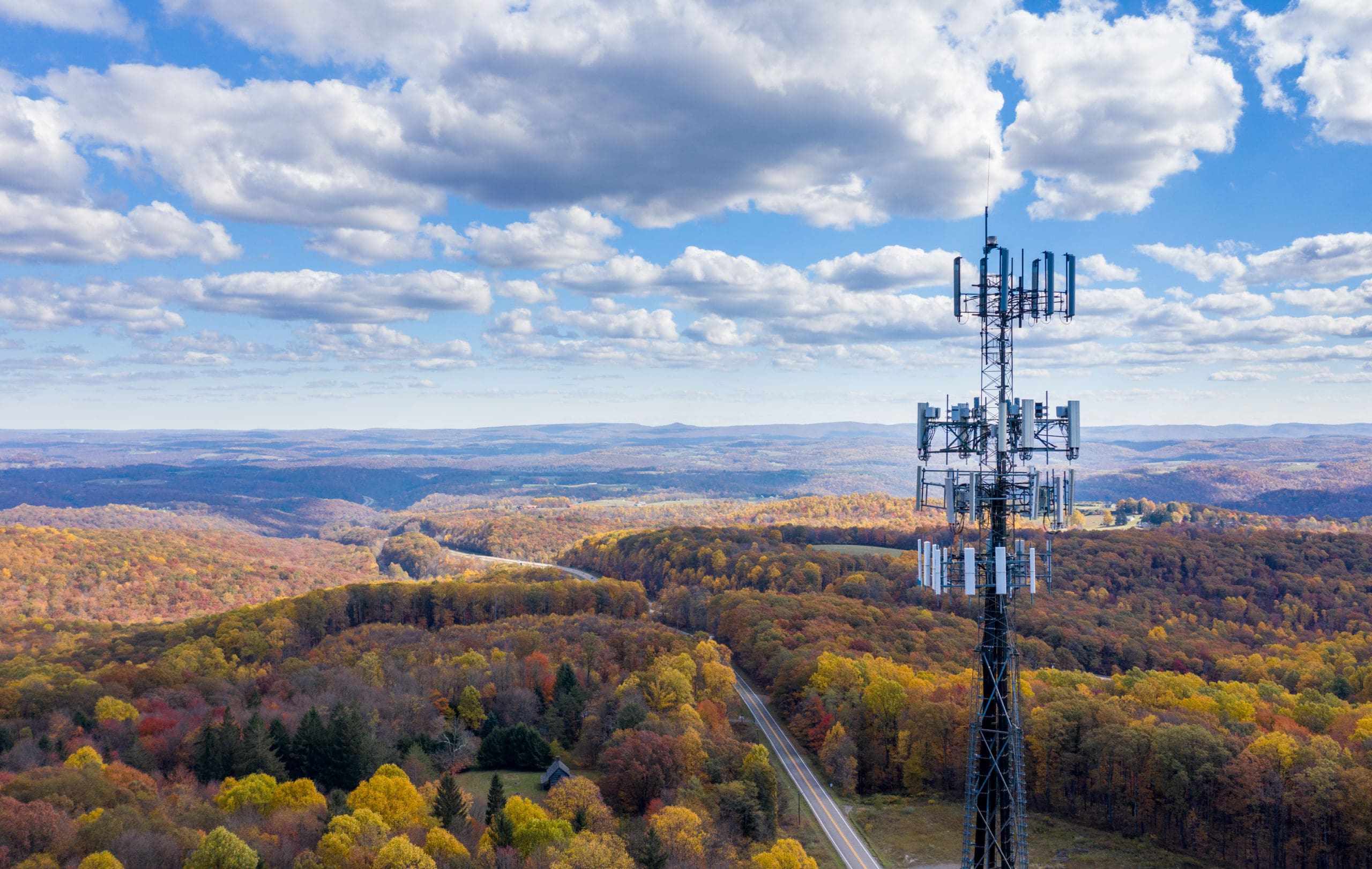
Most people know that broadband provides high-speed internet, an integral part of the information economy. But, unfortunately, rural residents are the least likely to have access to these kinds of resources. This is a real setback – as these days, internet connection is often vital for work and education.
This is one of many reasons why America is expanding its broadband deployment to rural areas.
The Importance of Broadband Access
Amidst the COVID-19 pandemic of 2020 and 2021, the importance of high-speed internet access has increased. Students, business owners, and employees worked from home, and could only do so with a robust internet connection. A lack of broadband connection put the education and livelihood of millions of people at immediate risk.
What Needs to Change?
Unfortunately, utility companies seek to expand their services primarily across more populated areas. This is where they can rely on gaining more potential customers. Thus, an underlying change to the internal and regulatory incentives would help close the digital divide.
A significant change is needed for vast amounts of the U.S. Many U.S. homes outside of rural areas fulfill the very minimum definition of broadband – but America is still far behind where the use of fiber connectivity is concerned. Only a small percent of American residents have access to fiber-based broadband. In the next few years, copper-based infrastructure will outlive its usefulness and this will require a transition.
How Broadband Is Expanding Into Rural Areas
Over the years, many bills were proposed to Congress to try and bridge this digital divide. The goal is to improve internet access for rural communities. In March 2020, the Broadband Data Act was signed into law.
This will improve upon broadband availability mapping. New reports will identify which areas of the U.S. are the most affected by a lack of broadband. Consequently, states can assign federal funding to expand into rural areas.
The FCC has allocated $9.2 billion to expand broadband access for more than 10 million rural residents. This is just one of many grants the FCC has assigned to expanding 5G and broadband across the country.
How Broadband Benefits Rural Communities
It comes as no surprise that access to a better internet connection can improve the quality of life for communities. Here are just some of the benefits broadband expansion promises to bring:
Better Access to Healthcare
The use of telemedicine and remote patient monitoring is increasing. Right now, there is great concern for health and infections. More than ever, access to healthcare professionals via the internet is crucial.
Using high-speed connections allows rural residents to get the information they need. They can book appointments and speak to healthcare professionals via online consultations.
Better Access to Education
While many classes are taking place online via Zoom, the impact of high-speed broadband is evident.
But even once children return to school, broadband access shouldn’t be undervalued. For instance one in five American students is sometimes unable to complete homework because they don’t have access to a computer or internet connection.
This access helps students to research information and puts them on more equal footing with students in urban areas. In addition, reliable access to the same material will provide the same opportunity to all students.
Robust Economic Growth
Broadband is vital to vast parts of the economy. For one, it enables businesses to increase their reach to a global stage. It also allows companies to benefit from better automation and logistics.
In addition, many software providers have moved their services to the Cloud. Because of this, broadband access is necessary for staying up-to-date with the latest innovations.
This is why increasing penetration by 10% could present a 1% increase in GDP for the United States.
Employment
The ability to find better jobs is closely tied to access to high-speed internet. For many jobseekers, the internet is the primary tool for researching and applying to new opportunities.
According to the Center for Rural Affairs, every 1,000 new broadband subscribers creates 80 new jobs. Access to residential broadband with higher speeds also increases household income by $2,100 per year.
Need Equipment to Help With Expansion?
The importance of broadband expansion into rural areas is plain to see. Service providers can now seek funding for 5G projects – but these new contracts present different equipment needs.
For example, fleets might need better telecom equipment, such as upgraded bucket trucks and cable placers. These go a long way to improving the safety and efficiency of expansion work.
Use the opportunity to obtain funds from the dozens of government grants available for broadband expansion. For more information on the process, please feel free to reach out and contact us today!



